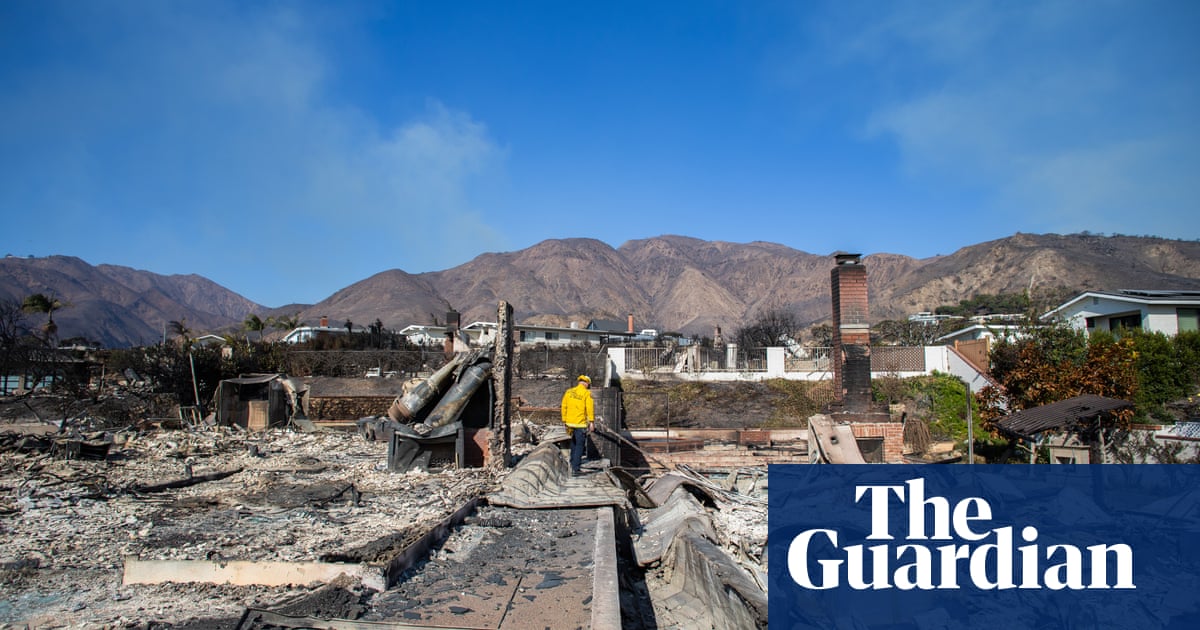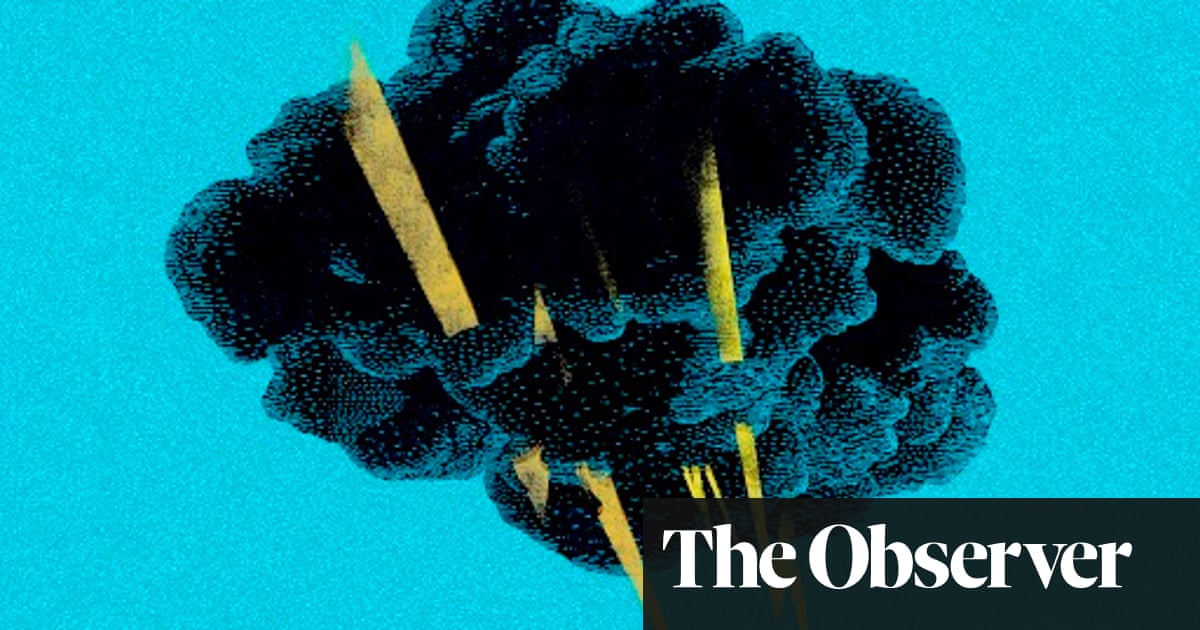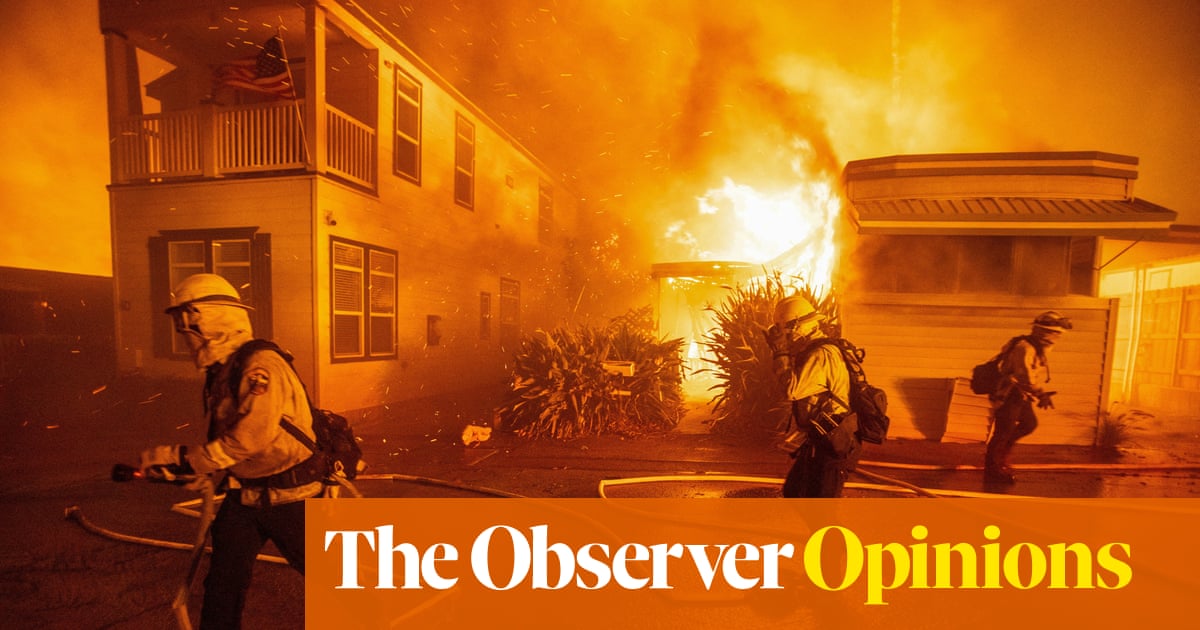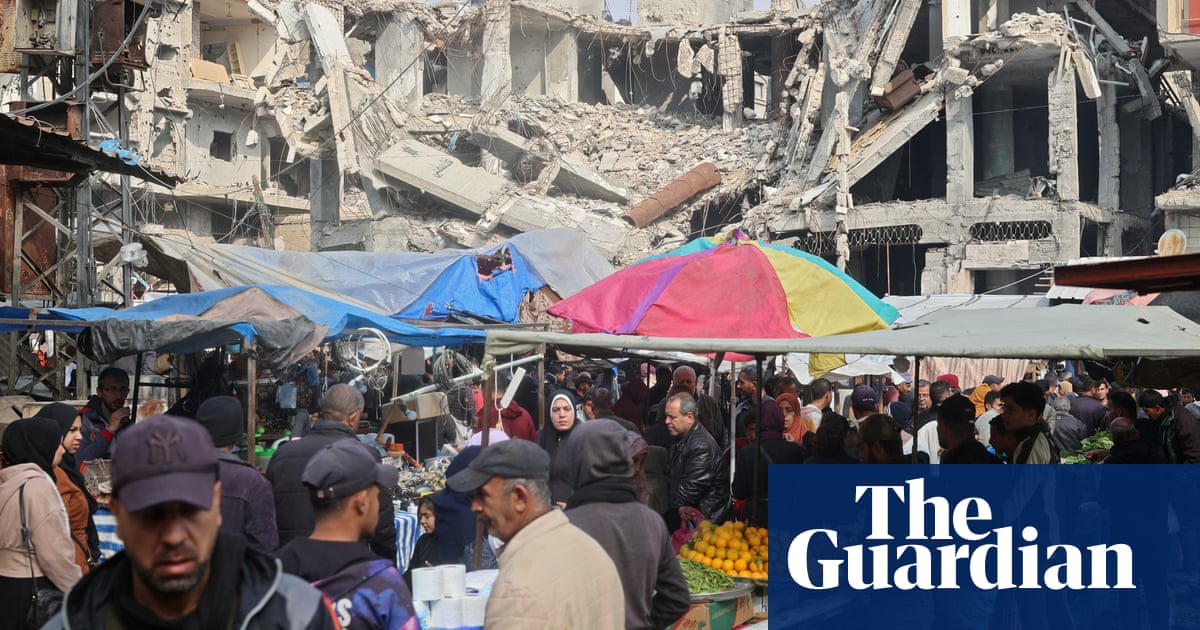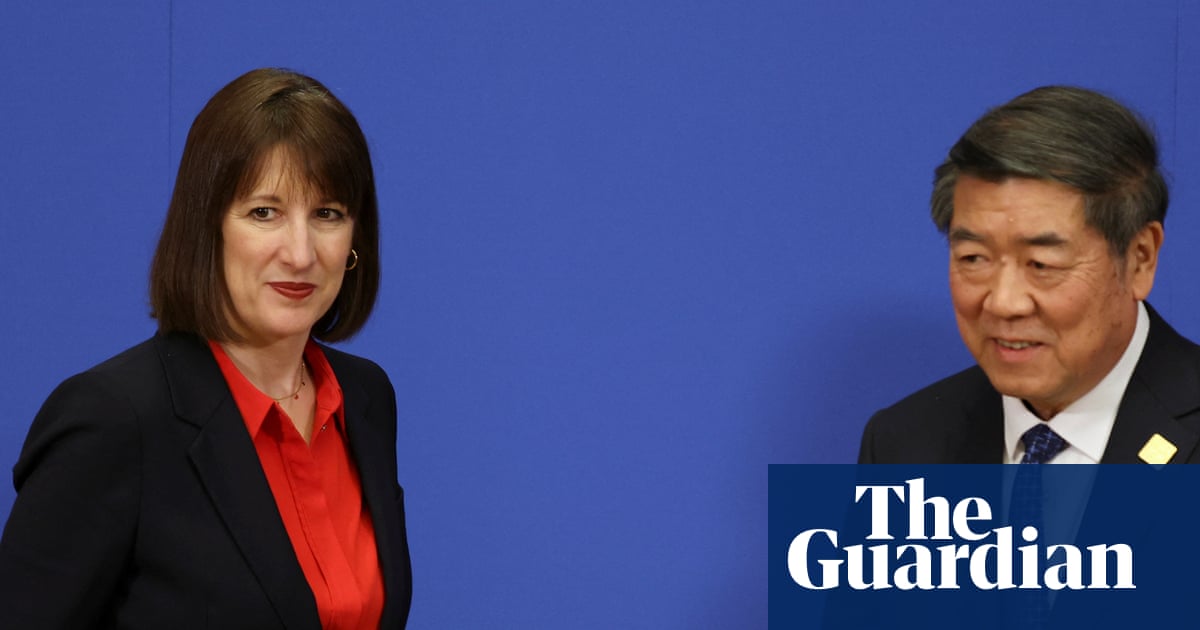The City and Its Uncertain Walls is based on a novella you wrote in 1980. Why was it important to give it a new audience now?
That work is the only one I’ve ever written that I never allowed to be reprinted in book form. To put it another way, I just wasn’t satisfied with the story. I thought its theme was very important but unfortunately I lacked the writing skills at the time to convey it in the way I’d hoped to. I decided to bide my time, until I’d acquired the necessary skill set as a writer, and only then do a complete rewrite of the story.
In the interim, though, I had lots of other work I wanted to undertake and just couldn’t get started on this project. The next thing I knew, 40 years had passed (in a flash, it seemed), and I reached my 70s. I thought I’d better get going if I wanted to really do this, since I might not have all that much time left. I also felt a strong need to fulfil my responsibilities as a novelist.
You wrote the book during lockdown, and rarely left your home when doing so. Did this way of writing affect the tone or content of the story?
Certainly, when I was writing this novel I needed a certain amount of peace and quiet, and the time to contemplate things. The situation of the town surrounded by walls was also a metaphor of the worldwide lockdown. How is it possible for both extreme isolation and warm feelings of empathy to coexist? That was one of the major themes of this novel, and in that sense it’s a significant leap forward compared with the original novella.
Some Japanese readers were confused by the book. Others find the strangeness and surreal elements some of the greatest pleasures of your novels. Do you like to leave readers with unanswered questions?
I think an outstanding novel will always aim to present some compelling questions – but not give a clear-cut, straightforward conclusion. I’d like to leave my readers, after they’ve finished my books, with something to think about. Like, what endings would be possible here? I drop some hints inside each story in order to leave them thinking. What I’d like is for readers to pick up on these and each arrive at their own, unique ending.

Countless readers have written telling me: “I’ve enjoyed reading the same book of yours so many times.” As the author, nothing could please me more.
When you write about a character like the narrator in The City …, or Toru in The Wind-Up Bird Chronicle, or Kafka in Kafka on the Shore, to what extent are you writing about yourself?
The first-person protagonists of my novels are not, strictly speaking, the real me, but the me who might have been. It’s fascinating to pursue those possibilities, since there aren’t many opportunities to become someone other than yourself.
Among the many English-language writers you have translated into Japanese, including Salinger, Fitzgerald, Chandler, Carver and Capote, which of them mean most to you?
I’ve been influenced by each writer. I’m very much drawn to Fitzgerald’s and Capote’s brilliant, luminous writing style, though it’s totally different from my own. Personally, I’m really fond of Chandler’s style.
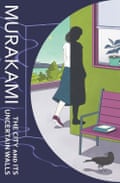
How has the Japanese literary scene changed since you started writing and publishing more than 40 years ago, and do you feel part of that scene or outside it?
I think younger writers nowadays have set aside any pretentious ideas about “this is what constitutes literature” and write fiction with a more free, flexible approach. Which I really applaud. In my case, though, I just keep on working in my own way, and I can’t say what relationship I might have with those changes in the literary scene.
What changes have you seen in your readership, both within Japan and internationally, and does it get easier, or harder, to write as you go on?
Both in Japan and abroad it seems the number of my readers around the world continues to go up, and I often find the numbers startling. In Laos I’ve had a Thai reader stop me to say hello, in Dresden it was a reader from Albania, and in Tokyo it was an Indonesian reader. I often feel like I’m not my real self, that instead I’ve turned into some kind of fictitious person …
None of that, though, has made writing novels either easier, or more difficult. I’m simply grateful that so many people, a number I never anticipated, read my books. Not everyone is as blessed as I am.
after newsletter promotion
Japanese fiction now represents a quarter of all translated fiction sold in Britain. Why do you think it has such a wide appeal?
I didn’t know that Japanese novels are that popular in Britain. What’s the reason? I have no idea. Maybe you could tell me – I’d like to know.
The Japanese economy is not doing well these days, and I think it’s a good thing that cultural exports can make a contribution of sorts, though literary exports don’t make that much of one, do they?
Did Mieko Kawakami’s criticism of the women in your books, made in 2017, have any effect on how you write female characters?
My books have been criticised so much over the years that I can’t remember in what context the criticisms were made. And I don’t pay much attention to it, either.
Mieko is a close friend and a very intelligent woman, so I’m sure whatever criticism she made was spot on. But honestly, I don’t recall what exactly she criticised. Speaking of women and my works, though, incidentally my readers are pretty much equally divided between men and women, a fact that makes me very happy.

.png) 1 month ago
15
1 month ago
15














